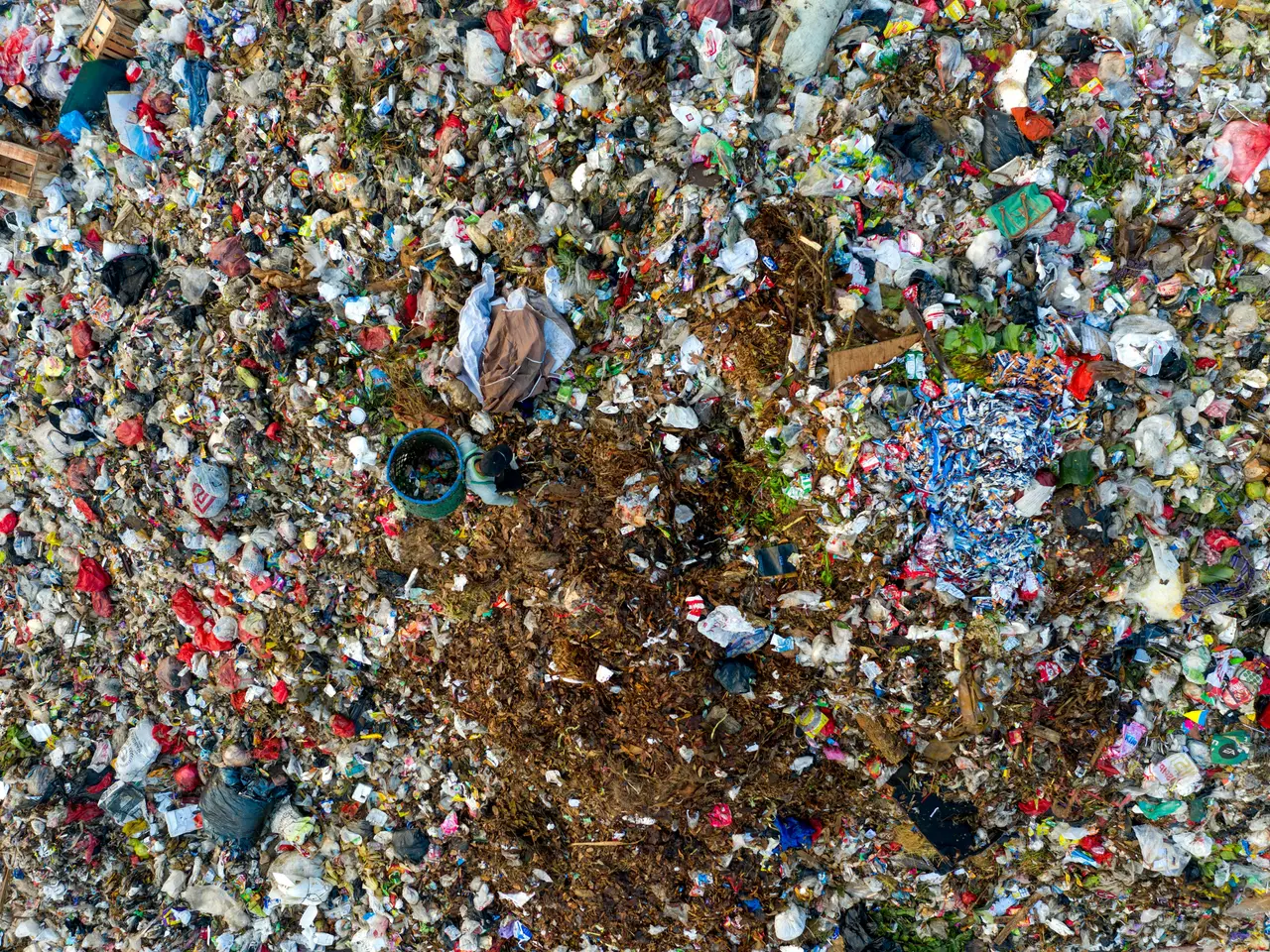Worn-out apparel replaced by profit loss: the business of recycling used garments proves unfruitful
In the diocese of Rottenburg-Stuttgart, the ecclesiastical aid organization "Aktion Hoffnung" is grappling with the existential threat posed by the current market situation. The dramatic fall in prices on the used clothing market has raised concerns about the organization's continued existence. A complete withdrawal from collection is not entirely ruled out.
"Aktion Hoffnung" is not alone in its struggles. Municipalities and non-profit organizations across the country are expressing concerns about the future of textile recycling. The German Red Cross (DRK) has reported a nationwide trend of textile containers being dismantled, while the Maltese Aid Service in Freiburg has faced the removal of 150 of its 600 containers in the southwest over the past two years.
The reasons for these challenges are manifold. Contamination of textile containers with heavily soiled clothing items and residual waste has become an increasing problem. Dirty and damaged textiles that are not usable are often found in the containers. This contamination is making it difficult to continue selling or recycling the used textiles, as the spokesperson for the city of Freiburg has stated.
The high disposal costs for special waste and bulky waste are another issue faced by these organizations. The DRK, for instance, bears these disposal costs, which are billed to them by commercial partners. The Maltese Aid Service in Freiburg also faces these costs, exacerbating the challenges posed by the contamination of textile containers.
The quality of donations has also decreased, with a significant portion of donated clothing no longer usable due to poor quality. The rummaging through and overfilling of containers is a new challenge reported by the Maltese Aid Service in Freiburg.
The impact of these challenges is far-reaching. Charitable organizations like the Maltese, DRK, and Caritas are partially withdrawing from the textile recycling business. This withdrawal could affect up to 500 jobs, according to unnamed organizations concerned about the impact of falling prices in the clothing market on their future collection activities.
"Aktion Hoffnung" is particularly hard-hit. As the organization that bundles all collection activities of used clothing in the diocese of Rottenburg-Stuttgart, the current crisis is acutely threatening the survival of "Aktion Hoffnung", with 30 jobs at stake.
The Maltese Aid Service in Freiburg is also experiencing a decrease in the quality of donations and an increase in waste disposal. The spokesperson for the city of Freiburg's concerns about contamination of textile containers are shared by the Maltese Aid Service. Both organizations urge the public to donate only clean and usable clothing to ensure the continued success of textile recycling efforts.
Read also:
- Impact of Alcohol on the Human Body: Nine Aspects of Health Alteration Due to Alcohol Consumption
- Understanding the Concept of Obesity
- Tough choices on August 13, 2025 for those born under Aquarius? Consider the advantages and disadvantages to gain guidance
- Microbiome's Impact on Emotional States, Judgement, and Mental Health Conditions







